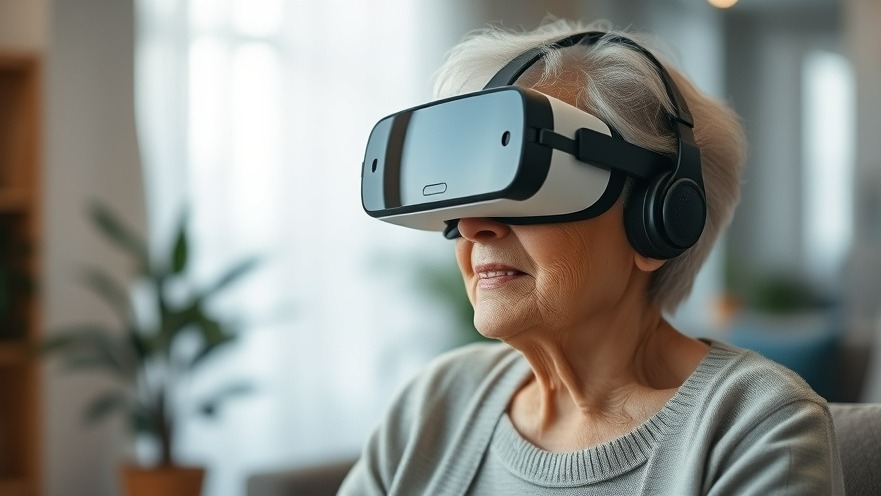
Revolutionizing Stroke Recovery Through Virtual Reality
Recent research published in the Cochrane Database of Systematic Reviews reveals groundbreaking insights into the role of virtual reality (VR) in stroke rehabilitation. Notably, a study involving over 7,000 participants underscores the potential of VR to significantly enhance recovery outcomes for stroke survivors aiming to regain arm movement.
Extensive Evidence for Virtual Reality's Efficacy
The latest review is the fourth iteration of systematic research dating back to 2011, incorporating updated findings from 190 trials. It highlights the effectiveness of VR compared to traditional rehabilitation methods, showing improvements in arm function and increased participation in therapeutic activities. This increased engagement is crucial, as evidence suggests that more therapy time correlates with better recovery outcomes.
Innovative Applications Beyond Traditional Use
The application of VR in stroke rehabilitation is not limited to mundane exercises; it extends to immersive experiences that simulate real-world scenarios, such as navigating shopping environments or performing daily tasks. This innovation allows therapists to assess patient abilities in a safe setting, giving them the chance to practice challenging tasks that would be risky to attempt in the real world. Professor Kate Laver, the lead author of the review, emphasizes the need for more advanced VR programs that go beyond basic movement training. Such sophisticated applications could target real-life functional skills, embodying a transformative approach to rehabilitation.
Current Limitations and Future Directions
While the initial findings are promising, challenges remain. Many existing studies utilize basic, off-the-shelf VR tools, which might not fully capture the potential of advanced immersive technologies. As the review notes, there is a gap in research focusing on sophisticated head-mounted systems designed for rehabilitation purposes. Moreover, uncertain effects remain regarding VR's impact on overall mobility and quality of life, indicating a critical need for larger, more robust studies to address these questions.
Balancing Safety and Effectiveness in Therapy
The safety profile of VR interventions in stroke rehabilitation is notably positive, with rare and mild adverse events reported in the trials. This suggests that VR is a well-tolerated option for patients, providing an effective means to engage them more thoroughly in their recovery efforts.
Rethinking Rehabilitation: Implementing VR in Practice
For concierge health practitioners, integrating VR into stroke recovery protocols offers a significant opportunity to enhance treatment offerings. As the technology advances, it could become a staple in rehabilitation programs, driving engagement and improving patient outcomes. Adoption of these technologies may also position practices as innovators in patient care, leveraging the latest in health tech to provide superior services.
Concluding Thoughts: A Call for Progress in VR Rehabilitation
As the potential of virtual reality in enhancing stroke recovery becomes clearer, practitioners are encouraged to stay informed on these advancements. Exploring partnerships with tech developers and engaging in trial opportunities will not only benefit their patients but also position their practices at the forefront of rehabilitation innovation. The evolution of VR offers an exciting path toward more thorough and engaging therapies.
If you're a health practitioner looking to incorporate such advancements into your patient care or wish to learn more about the developments in virtual reality, it's essential to remain engaged with ongoing research and emerging technologies.
 Add Row
Add Row  Add
Add 




Write A Comment